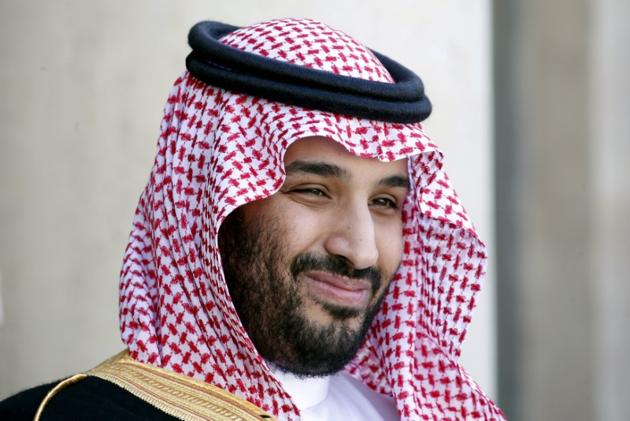Saudi king’s son plotted to oust his rival as crown prince
To strengthen support for the sudden change in the line of succession, some senior princes were told that Mohammed bin Nayef was unfit to be king because of a drug problem, an associate of the royal family said.
As next in line to be king of Saudi Arabia, Mohammed bin Nayef was unaccustomed to being told what to do. Then, one night in June, he was summoned to a palace in Mecca, held against his will and pressured for hours to give up his claim to the throne.

By dawn, he had given in, and Saudi Arabia woke to the news that it had a new crown prince — the king’s 31-year-old son, Mohammed bin Salman.
The young prince’s supporters have lauded his elevation as the seamless empowerment of an ambitious leader. But since he was promoted June 21, indications have emerged that Mohammed bin Salman plotted the ouster and that the transition was rockier than has been publicly portrayed, according to current and former US officials and associates of the royal family.
To strengthen support for the sudden change in the line of succession, some senior princes were told that Mohammed bin Nayef was unfit to be king because of a drug problem, according to an associate of the royal family.
The decision to oust Mohammed bin Nayef and some of his closest colleagues has spread concern among counterterrorism officials in the United States who saw their most trusted Saudi contacts disappear and have struggled to build new relationships.
And the collection of so much power by one young royal, Prince Mohammad bin Salman, has unsettled a royal family long guided by consensus and deference to elders.
“You may have now such a concentration of power within one branch and within one individual who is also younger than so many of the cousins and sons of former kings that it may begin to create a situation where the family is out of whack,” said Kristian Coates Ulrichsen, a fellow for the Middle East at Rice University’s Baker Institute for Public Policy, who studies Persian Gulf politics.
The insularity of Saudi Arabia’s sprawling and phenomenally wealthy royal family is well known, often leaving diplomats, intelligence agents and members of the family itself struggling to decipher its inner workings.
But since The New York Times reported last month that Mohammed bin Nayef had been confined to his palace, US officials and associates of senior royals have provided similar accounts of how the elder prince was pressured to step aside by his nephew. All spoke on the condition of anonymity so as not to endanger their contacts inside the kingdom, or themselves.
In response to questions from The Times, a written statement by a senior Saudi official denied that Mohammed bin Nayef had been pressured and said that the Allegiance Council, a body of senior princes, had approved the change in “the best interest of the nation.”



